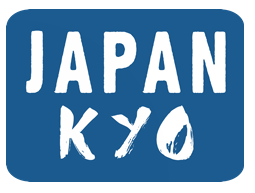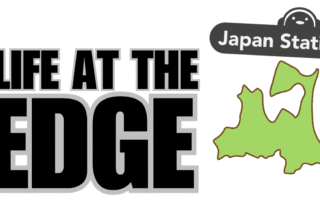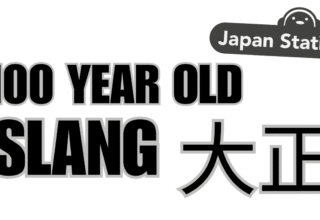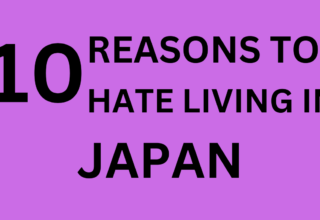On October 26th former actress Saya Takagi and her two
housemates were arrested in Okinawa after a narcotics control department team raided
their residence and found around 55 grams of dried marijuana. In addition to
the marijuana authorities also found 20 pipes that showed signs of use and
rolling paper. Prosecutors indicted her on November 15th on charges of
violating the Cannabis Control Law.
housemates were arrested in Okinawa after a narcotics control department team raided
their residence and found around 55 grams of dried marijuana. In addition to
the marijuana authorities also found 20 pipes that showed signs of use and
rolling paper. Prosecutors indicted her on November 15th on charges of
violating the Cannabis Control Law.
The 53-year old Takagi, real name Ikue Masudo, ran for
an Upper House seat in July’s election but did not win. During her campaign she
advocated the legalization of medical marijuana.
an Upper House seat in July’s election but did not win. During her campaign she
advocated the legalization of medical marijuana.
Considering that an individual can legally possess up
to 1 ounce (slightly over 28 grams) of marijuana in Colorado three people getting
arrested for 55 grams sounds a bit harsh. Of course, given Japan’s very strict anti-marijuana
laws this story is not all that surprising. In contrast to the U.S. over the
past few years there has been little to no talk of legalizing even medical
marijuana in Japan. In fact, it seems like the media largely avoids open
discussion of the topic. An article in The Japan Times, which I recommend reading, sheds further light on this
issue. It notes how the media in Japan largely ignored the trial of Masamitsu
Yamamoto, a man suffering from terminal liver cancer who secretly grew marijuana
to alleviate his pain. Interestingly, the same article also notes how it was
not even Japan that passed anti-marijuana legislation. In contrast to other
anti-drug legislation which was already in existence prior to World War II it
was the American occupation authorities that implemented the harsh
anti-marijuana legislation after World War II. Since then the American stance
on marijuana has shifted significantly, yet Japan seems determined not to even
bring up the topic for discussion. However, what I find most unusual about this
story in particular is the fact that I was not able to find a specific reason
for why the authorities decided to conduct a raid on Takagi’s residence. While
being an advocate for the legalization of marijuana would put anyone under at
least some suspicion of possession of this drug, that alone does not seem like
enough to justify a raid or the issue of a warrant. Even after checking several
different reports of this story, both in English and Japanese, I was unable to
find any mention of what exactly it was that alerted authorities to the
presence of marijuana in Takagi’s residence. The Japan Times article I
mentioned earlier notes that the authorities may have targeted her specifically
in order to make an example out of her. Whether this is true is unknown and
unfortunately it does not seem like the Japanese media is very interested in
digging deeper into this story. However, in the off chance that I do see
anything more noteworthy related to this story I will post about it.
to 1 ounce (slightly over 28 grams) of marijuana in Colorado three people getting
arrested for 55 grams sounds a bit harsh. Of course, given Japan’s very strict anti-marijuana
laws this story is not all that surprising. In contrast to the U.S. over the
past few years there has been little to no talk of legalizing even medical
marijuana in Japan. In fact, it seems like the media largely avoids open
discussion of the topic. An article in The Japan Times, which I recommend reading, sheds further light on this
issue. It notes how the media in Japan largely ignored the trial of Masamitsu
Yamamoto, a man suffering from terminal liver cancer who secretly grew marijuana
to alleviate his pain. Interestingly, the same article also notes how it was
not even Japan that passed anti-marijuana legislation. In contrast to other
anti-drug legislation which was already in existence prior to World War II it
was the American occupation authorities that implemented the harsh
anti-marijuana legislation after World War II. Since then the American stance
on marijuana has shifted significantly, yet Japan seems determined not to even
bring up the topic for discussion. However, what I find most unusual about this
story in particular is the fact that I was not able to find a specific reason
for why the authorities decided to conduct a raid on Takagi’s residence. While
being an advocate for the legalization of marijuana would put anyone under at
least some suspicion of possession of this drug, that alone does not seem like
enough to justify a raid or the issue of a warrant. Even after checking several
different reports of this story, both in English and Japanese, I was unable to
find any mention of what exactly it was that alerted authorities to the
presence of marijuana in Takagi’s residence. The Japan Times article I
mentioned earlier notes that the authorities may have targeted her specifically
in order to make an example out of her. Whether this is true is unknown and
unfortunately it does not seem like the Japanese media is very interested in
digging deeper into this story. However, in the off chance that I do see
anything more noteworthy related to this story I will post about it.
Source: The Japan Times, TV Asahi














